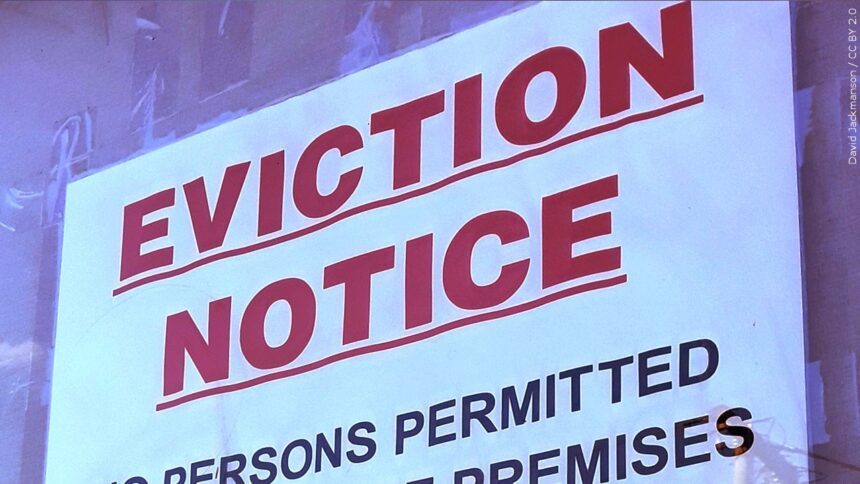The Supreme Court last week struck down President Biden’s latest eviction ban, putting what activists say are millions of Americans who are behind on their rent at risk of being kicked out of their homes.

The new Centers for Disease Control and Prevention-backed moratorium on evictions was announced at the beginning of August, just days after a previous ban had expired. The order covered tenants living in areas deemed to have “substantial” or “high” levels of COVID-19 cases, and was supposed to last until October 3.
But the Supreme Court ruling on Thursday said the CDC has exceeded its authority with the ban, and said renters are no longer protected by it.
The ban had faced numerous legal challenges from landlords, associations and property owners who argued that landlords cannot continue to shoulder the bill for nonpaying tenants.
It also had plenty of support from housing advocates, making it a very contentious issue.
“The tragic, consequential and entirely avoidable outcome of this ruling will be millions of people losing their homes this fall and winter, just as the delta variant ravages communities and lives,” said Diane Yentel, president and CEO of the National Low Income Housing Coalition, which supported the ban.
A recent analysis by The Center on Budget and Policy Priorities suggests more than 11 million Americans remain behind on their rent, with a quarter of Black renters said to be in arrears.
Although the CDC’s ban has now been lifted, renters who’re behind still have options. The most important thing, if they haven't already, is to apply for rental assistance from the government, experts say. Congress has allocated over $45 billion to help renters pay their dues, and only a fraction of that money has been spent so far. Those who’re approved for relief could get up to 18 months of their rent covered.
In fact, just applying for rental assistance could help some to stay in their homes for longer. Massachusetts, Nevada, New York and Oregon have all introduced orders that prevent anyone with a pending rental assistance application from being evicted.
To apply for rental assistance, check this National Low Income Housing Coalition list of 493 programs giving out federal money. The Consumer Financial Protection Bureau has also created a tool to help renters apply for assistance. Experts say around a quarter of the programs allow the rental assistance to go directly to the tenant, which can aid those whose landlords refuse to participate.
Renters in some states remain protected in any case. For example, New Jersey has passed legislation that prevents renters being evicted until next January, while California has its own ban on evictions that lasts until October.
Tenants facing eviction can seek the services of a lawyer too. Anyone facing eviction in Washington state, Connecticut or Maryland has the right to free counsel. Others can check Lawhelp.org to find low-cost legal help with an eviction proceeding.